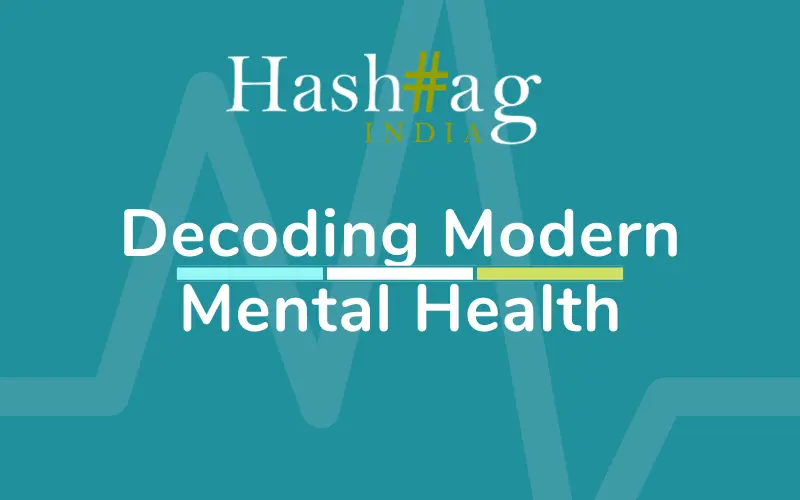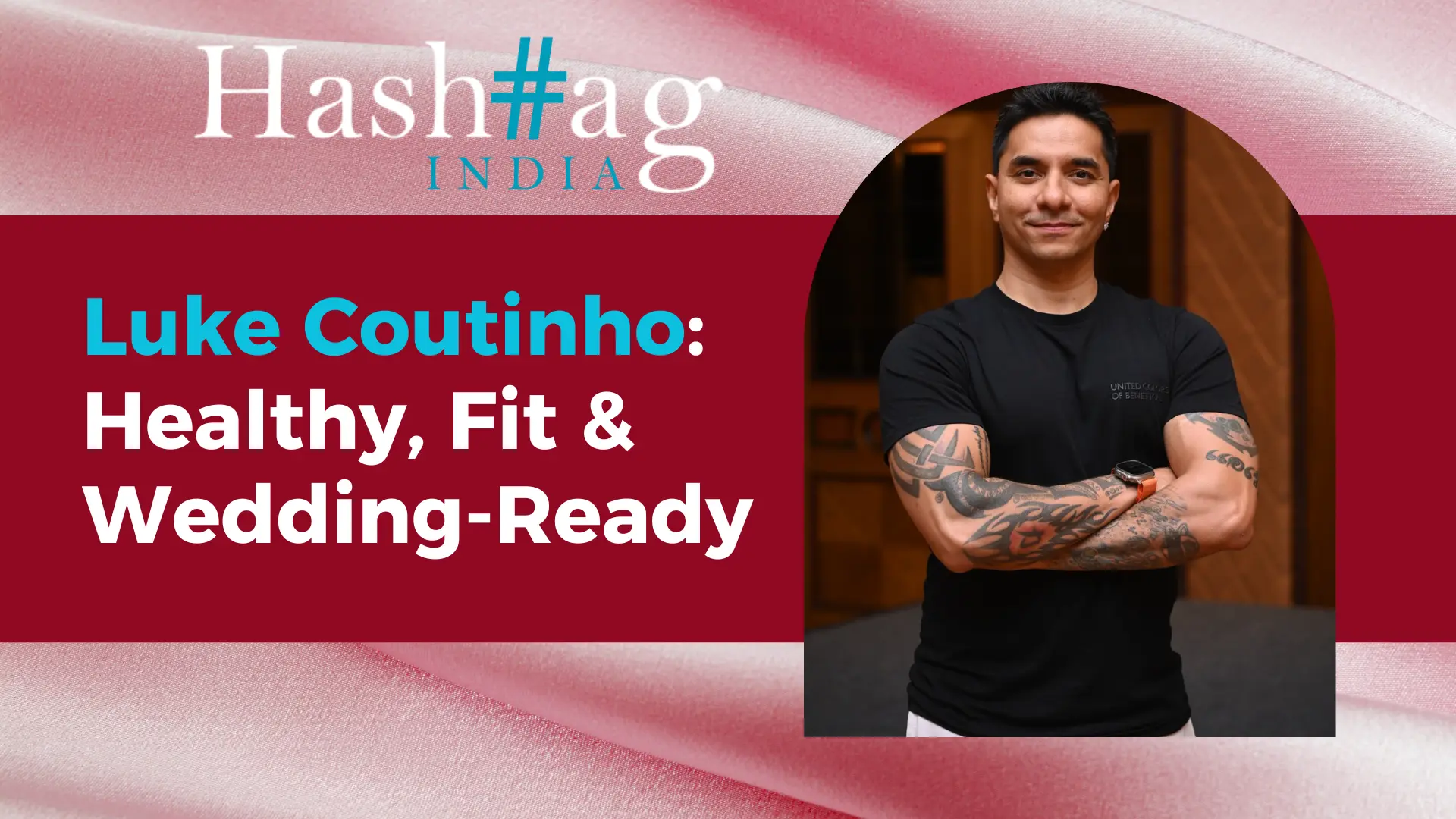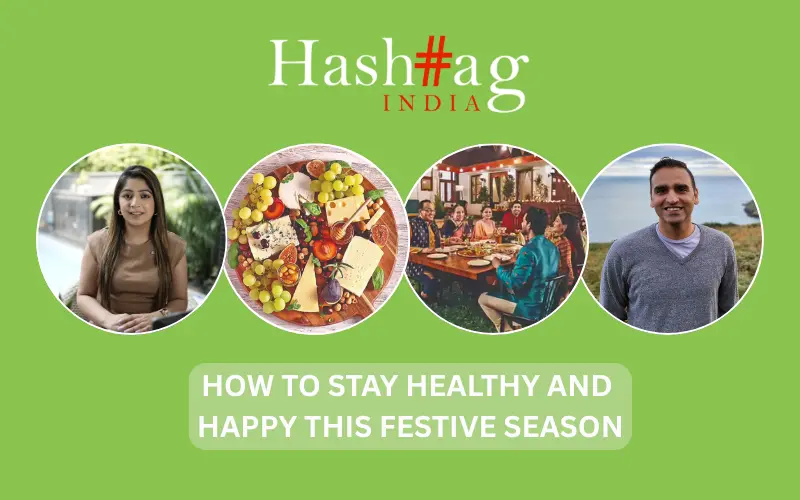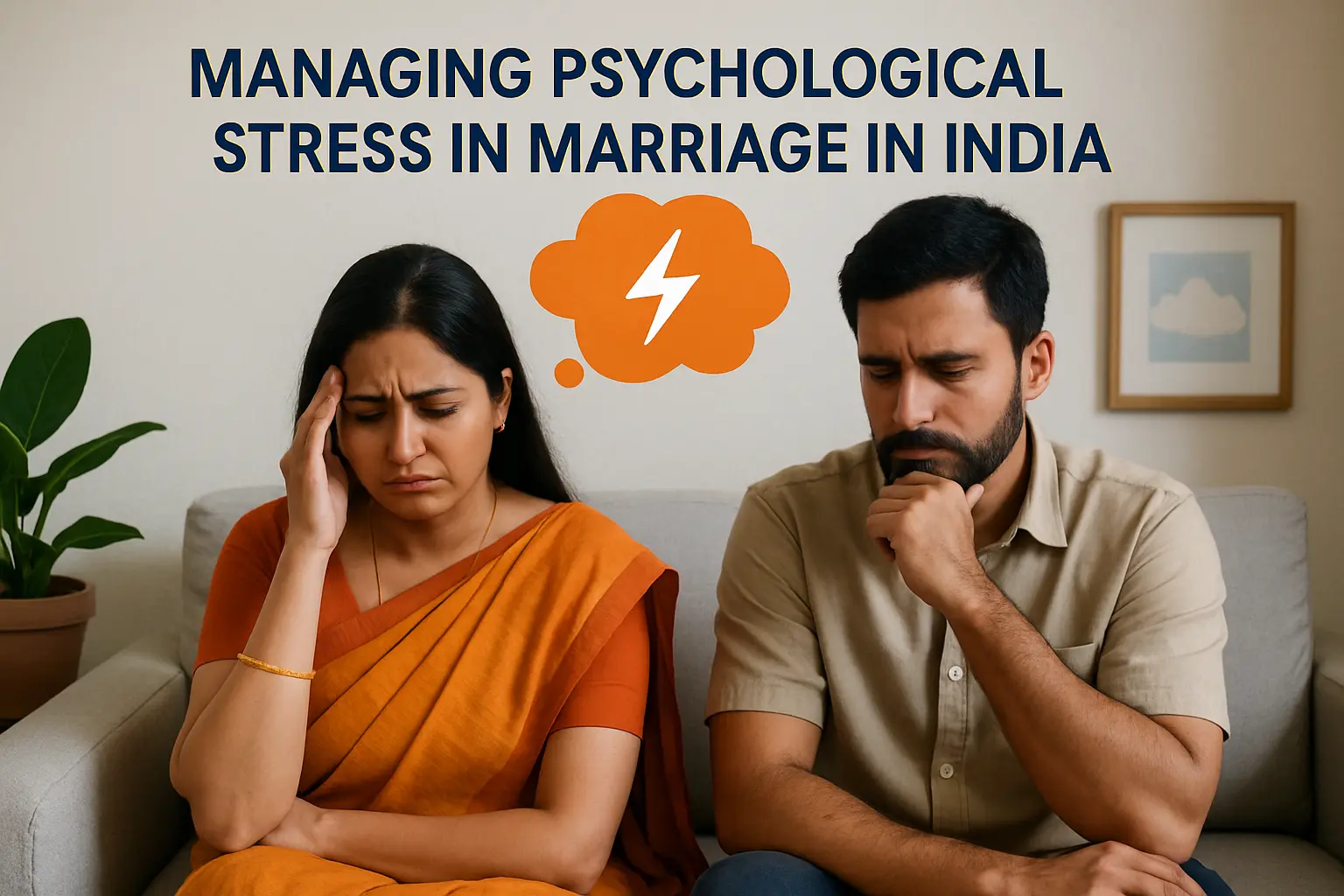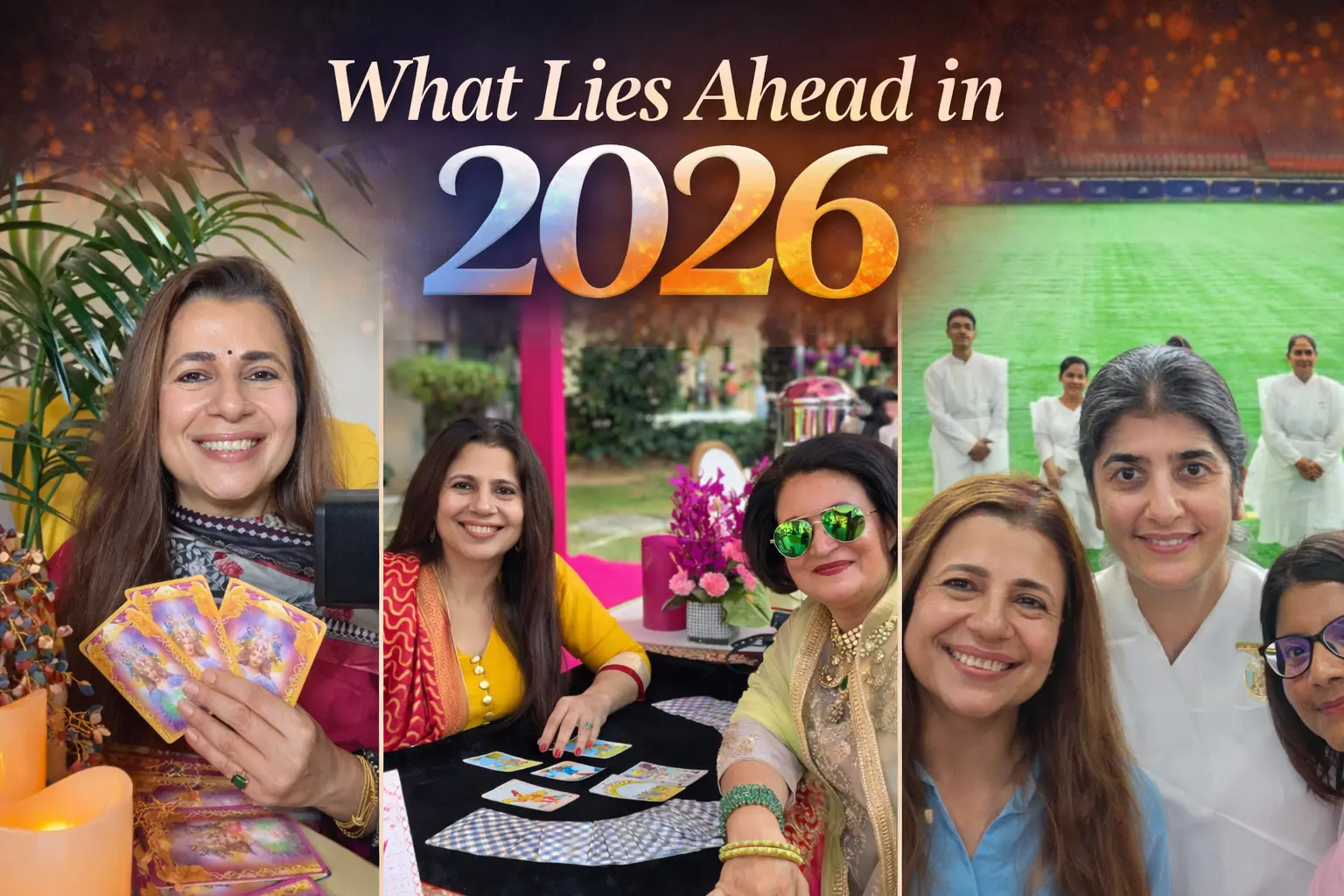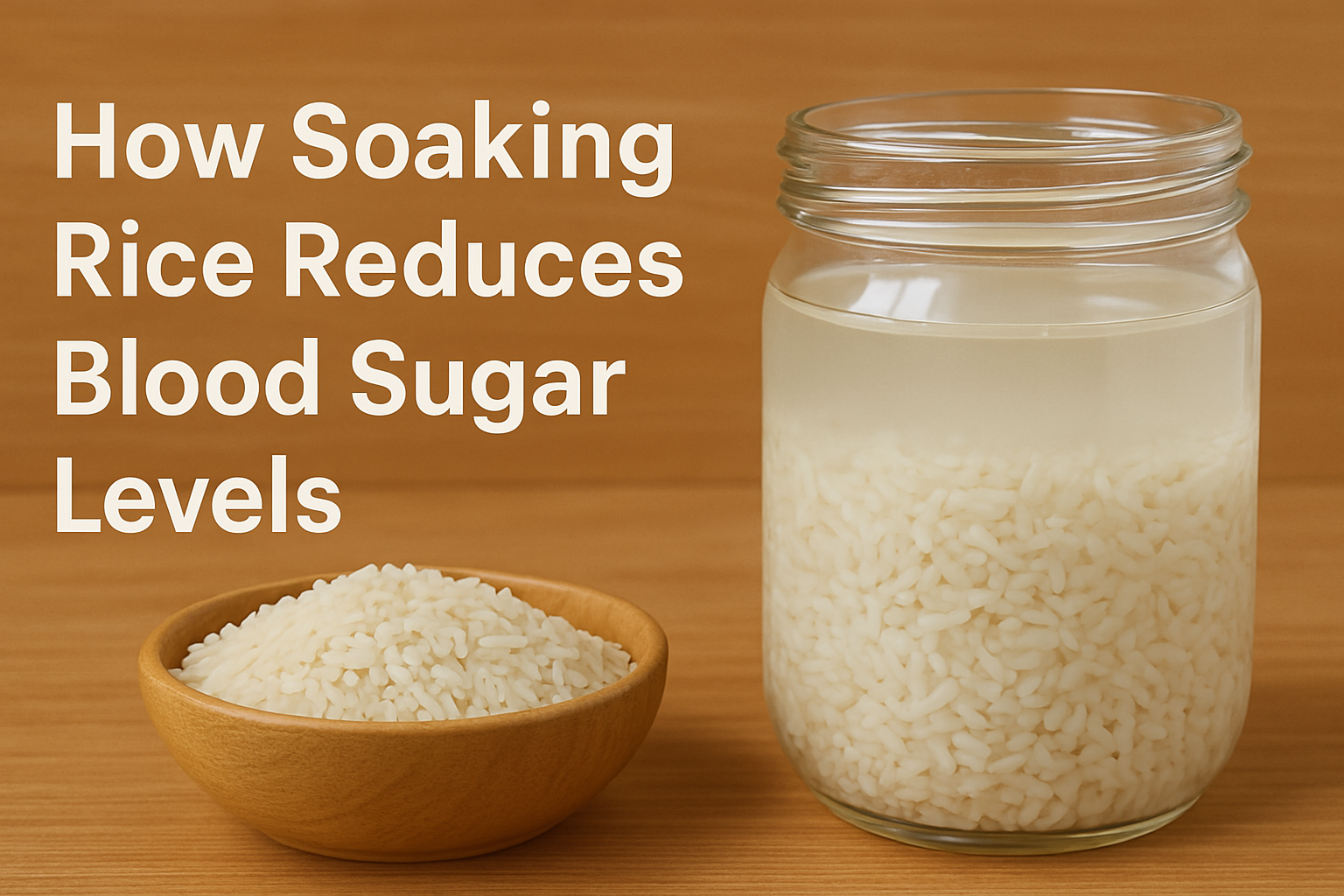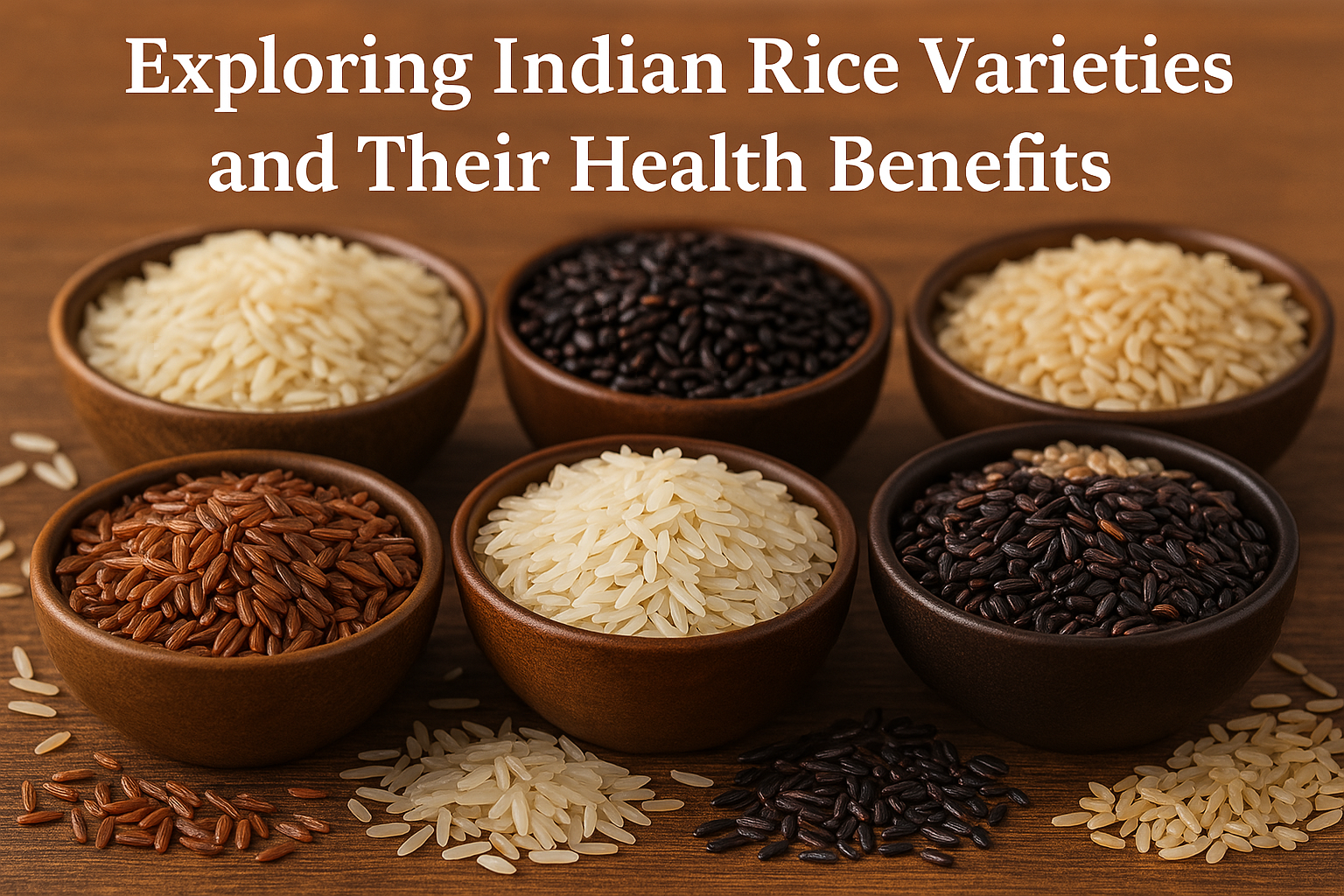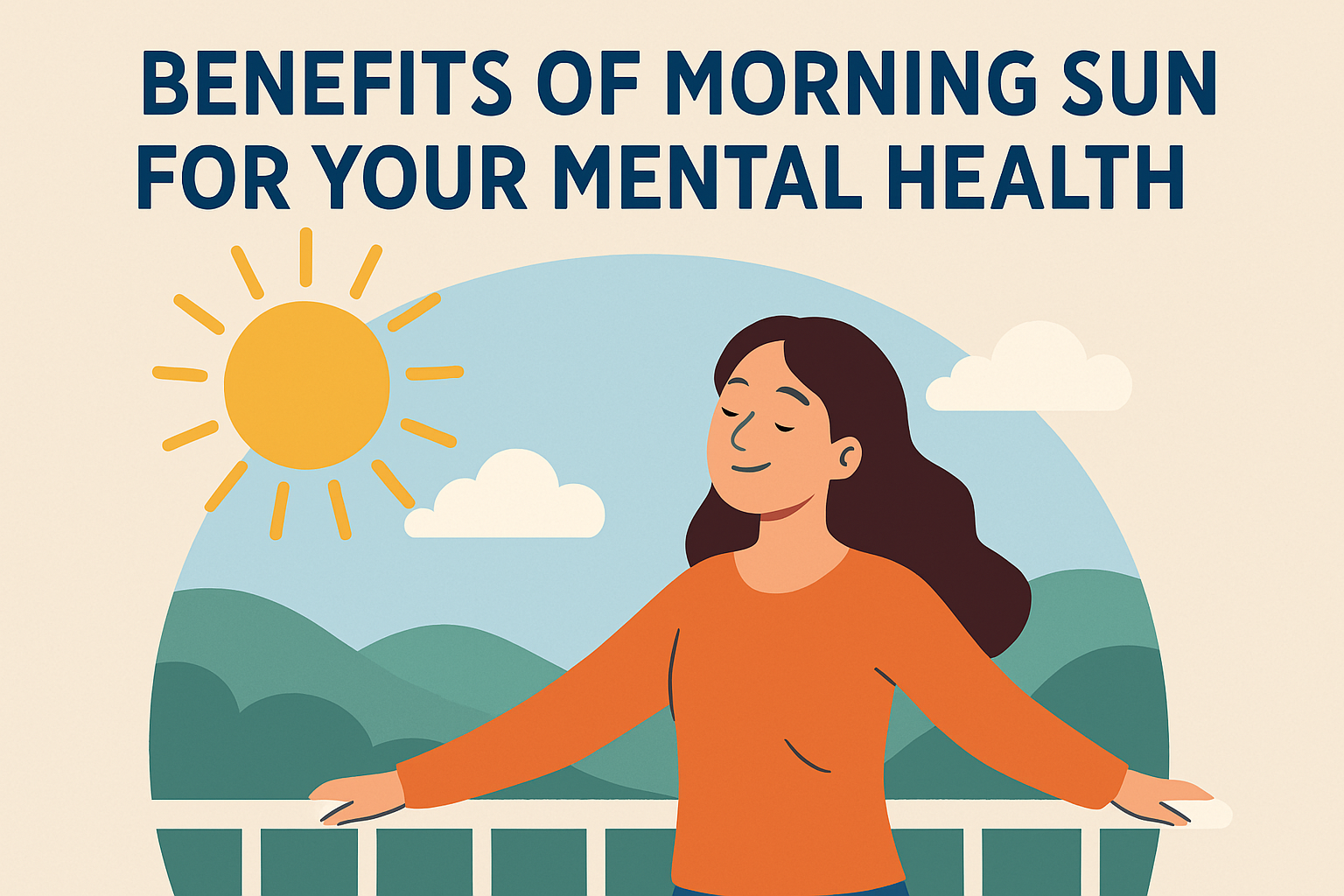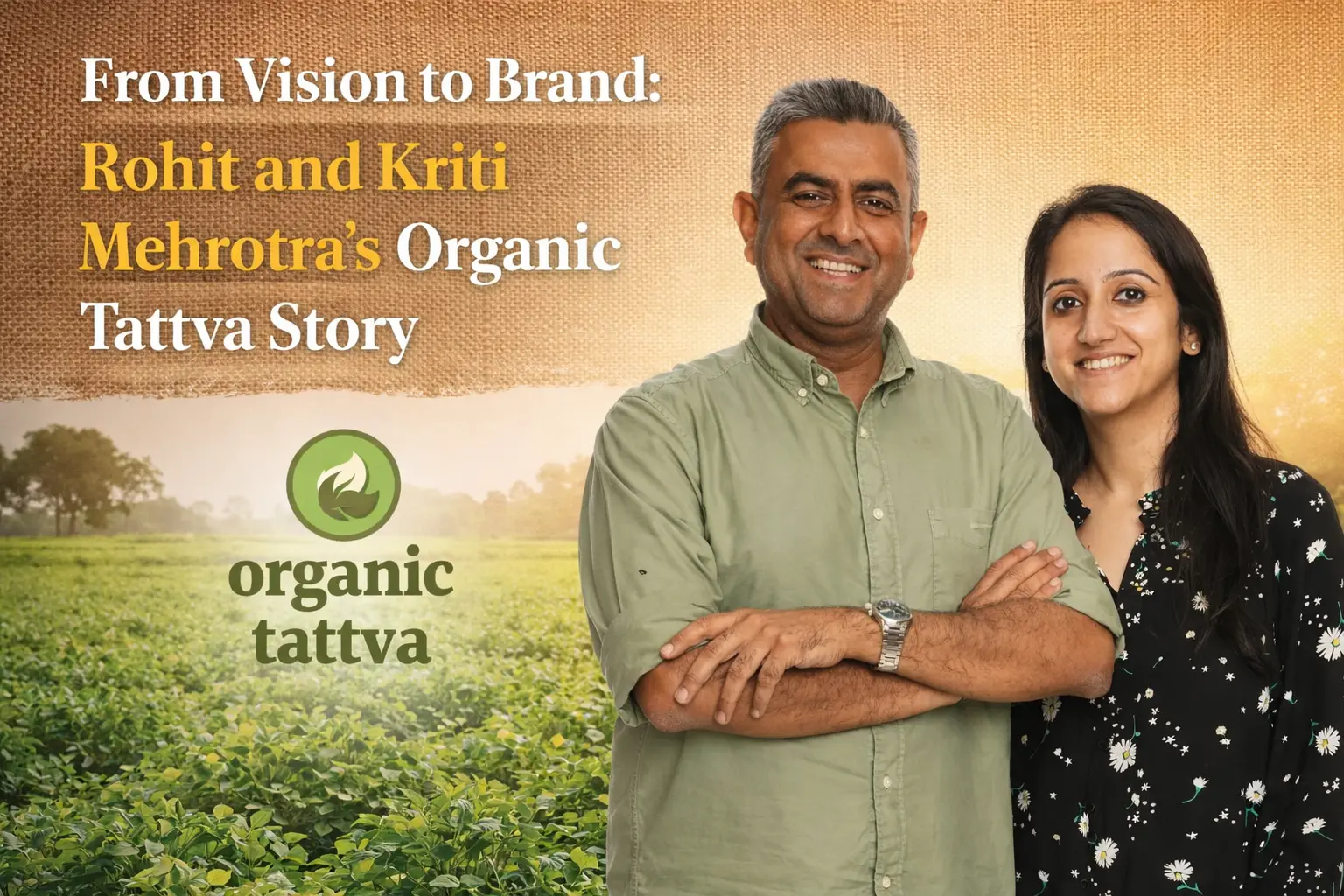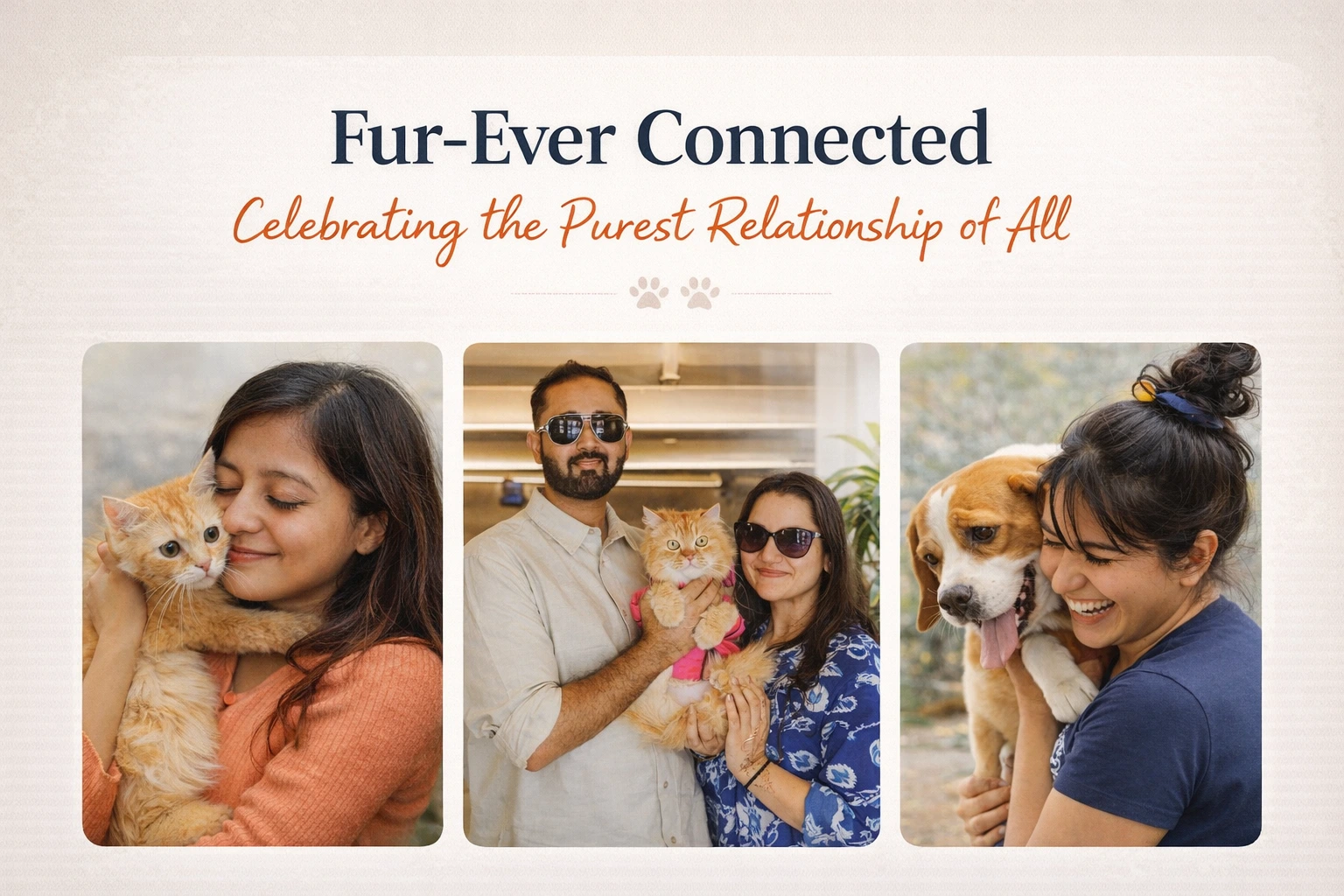Stress, fatigue and emotions sometimes cause us to compulsively eat without being really hungry. But how do you distinguish real hunger from that linked to emotions? Shivani Sikri, Chief Nutritionist at Nutri4Verve, lets us in on some secrets of emotional hunger.
You fall for the cake, pastry or the rasogulla that has been eyeing you for a few hours. By hunger or by impulse do you think? It’s not easy to distinguish between hunger and emotional need. It has been proven that emotions such as stress and fatigue often play tricks on us, at the risk of flirting with unwanted weight gain.
To thwart the spiral of food crises or “cuddly food”, it is necessary to redefine various hunger pangs. “With physiological hunger, the body sends signals to tell whether one is hungry or not. These are recognisable by sensations of the tummy including tugging or gurgling, which are easy to detect. Physiological hunger meets the nutritional needs of the body,” states nutritionist, Shivani Sikri, Chief Nutritionist & Co founder of Nutri4Verve, an Online Weight Management Diet Clinic.
In principle, the body is a sufficiently well-oiled machine to regulate itself against these physiological hunger pangs. But sometimes the internal regulatory mechanism is seized up by emotions. In this case, the “signals from the belly” are scrambled by those from the head. “Stress, for example, falsifies the messages sent by the brain, and disrupts the internal regulator,” shares Shivani, adding, “We no longer listen to our body and we eat out of habit without listening to needs.”
Social and emotional nutrition
Food can also take on a social and emotional dimension. We can eat without hunger for conviviality when we have a meal with friends or eat without hunger during a professional lunch. “In this case, we eat more over a meal but the body will naturally regulate itself the following meal, without upsetting the metabolism, so without risk of weight gain,” observes the expert. When we consciously separate real hunger from otherwise, the body manages it without problem.
Self-analysis of your hunger pangs
Listening to gurgling sensations and recognising your hunger seems easy on the surface. “Concretely, when hunger arrives, we must ask ourselves the right questions: Do I want to eat this chocolate? Is this desire linked to emotions or to a physiological need? Do I eat this food to satisfy my hunger or to appease myself,” suggests the dietician.
This self-contemplation can be done by penning down each meal or snack you eat. It’s a task that people should do over several weeks and accordingly they must indicate whether they are acknowledging physiological hunger (belly hunger) or a desire (head hunger). This distancing exercise sets up a progressive reflection intended to distinguish between hunger pangs.
EMOTIONAL HUNGER
Once emotional hunger has been identified, it is a matter of observing its frequency. When this hunger occurs occasionally, it would be wrong to suppress it. “If you are attracted to chocolate, eat it consciously by removing from this experience what you are looking for in this food— the need to appease yourself. Eat it without guilt, and the body regulates itself. You will be less hungry at the next meal and the compensation process takes place naturally without weighing on the scales.
On the other hand, if the ratio of physiological hunger to emotional hunger is too unbalanced by negative emotions, food is seen as a refuge. “There the body can no longer regulate itself. The imbalance is too important, the work at the level of the plate even alongside a dietician may not be enough and require working on these emotions. Turning to a psychotherapist may be indicated,” advises the expert.
The fact remains that in food as in other aspects of life, it is not a question of repressing one’s emotions but rather of accepting them, of listening to oneself. “You should not deny your emotions but trust yourself. Many people no longer have confidence in their feelings,” observes the specialist who recommends a return to intuitive diet based on the senses.
- People who are in control of their diet may also find it difficult to trust their feelings, exposing themselves to the yoyo effect and weight gain. “The excess of control confuses their internal regulator,” says Shivani
- When emotional hunger occurs occasionally, it would be wrong to suppress it. If you are craving chocolate, eat it consciously and without guilt. Enjoy, and the body will regulate itself, because you rid it of the appeasement factor.
If the ratio of physiological hunger to emotional hunger is too unbalanced by negative emotions, food is seen as a refuge.


